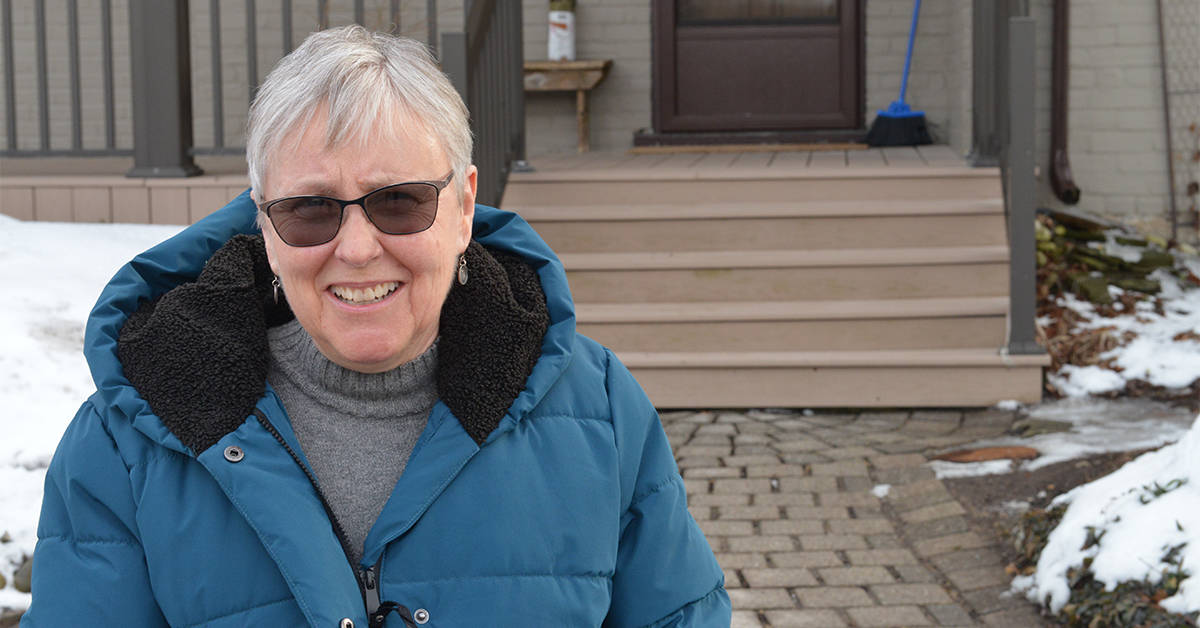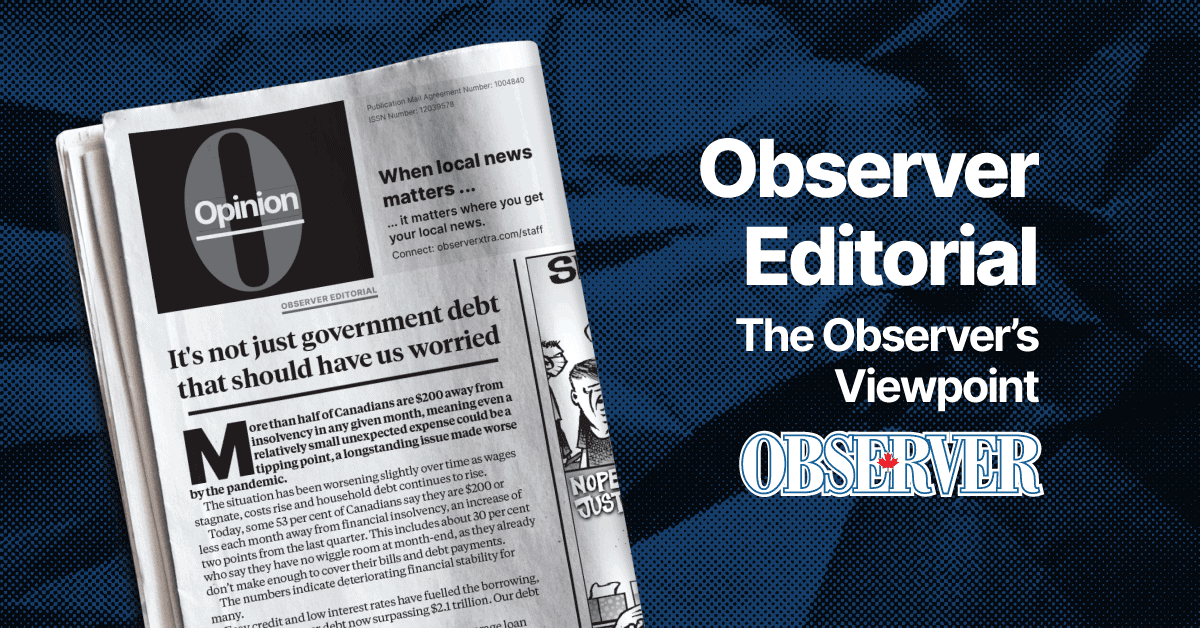;
;
;

Even casual observers of the housing market have watched with wonder and/or dismay what’s happening to prices. And not just in Toronto and Vancouver, as the there’s been a spill-over effect that extends in growing rings, even to this region, as witnessed by the average cost of a single-family home h
Last updated on May 03, 23
Posted on Mar 17, 22
3 min read
